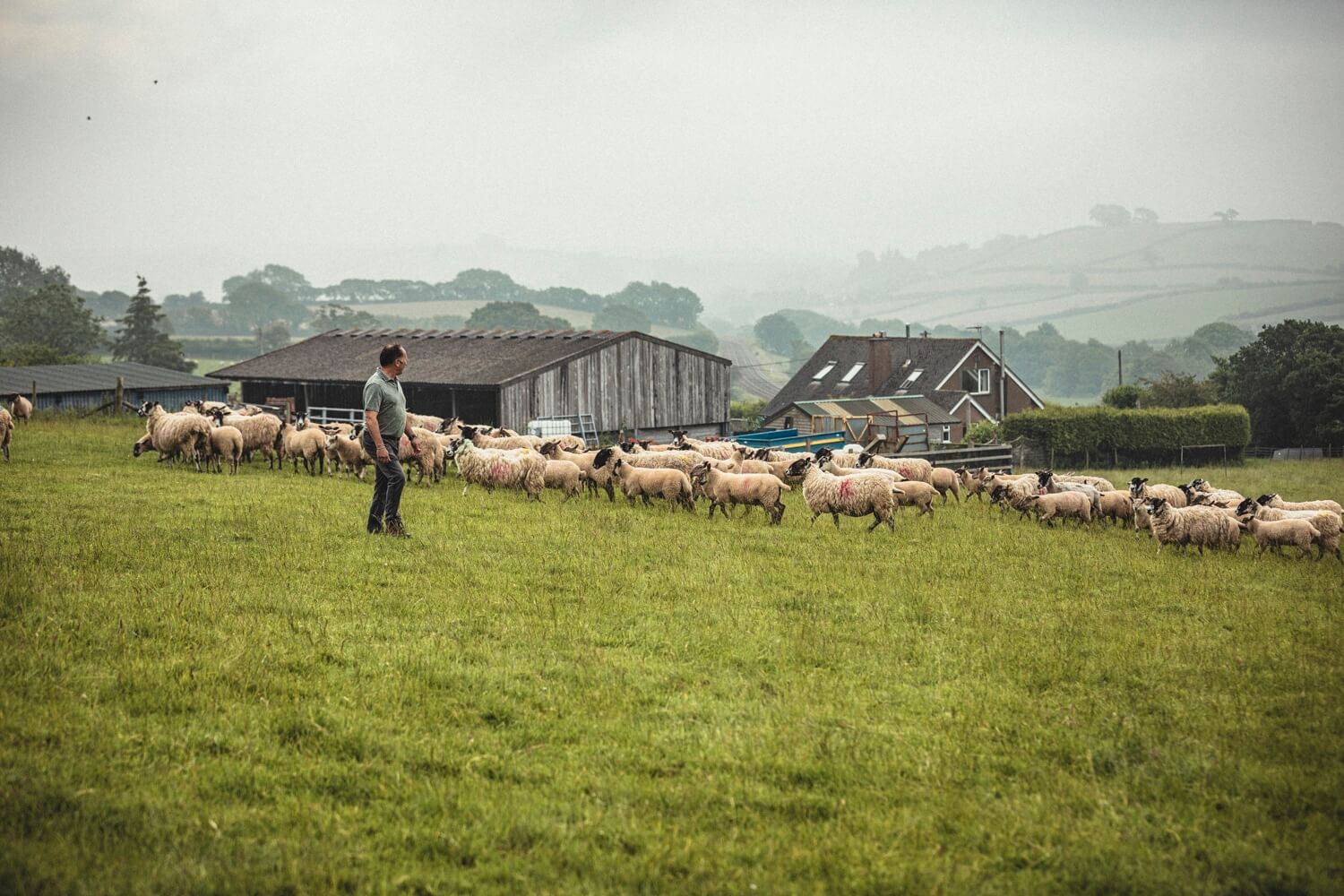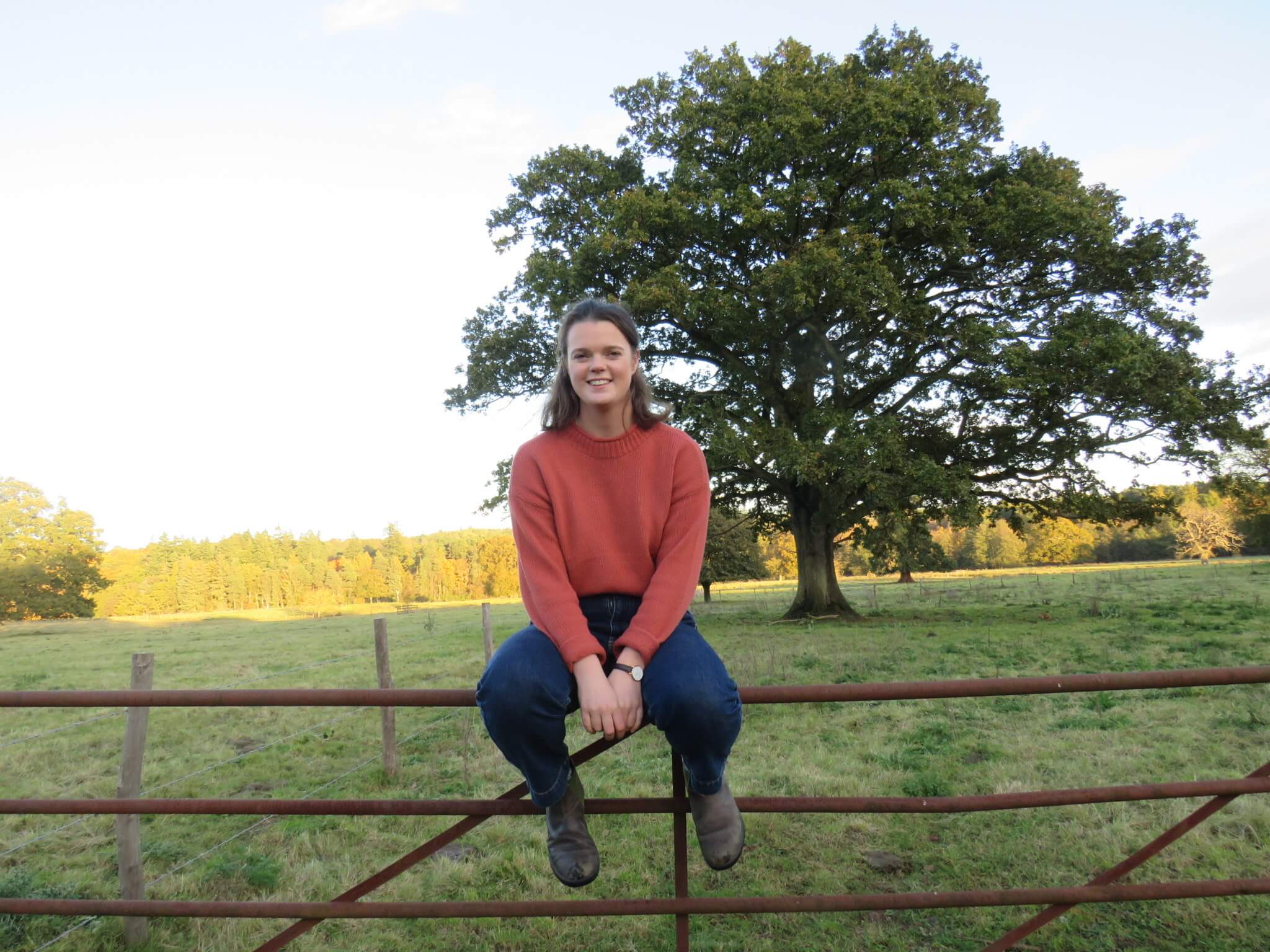The average income for farming households fell by 11 per cent between 2021 and 2022 in the first year of a transition to new farming subsidies and following pressure from Brexit and the Ukraine war.
New figures collected by Defra on farm household incomes, which include any income unrelated to the main farm business, showed that the average income fell from £20,000 to £17,800.
Farm incomes are consistently lower than the average incomes for all UK households, the figures show, but the gap has widened in the last decade; farming incomes are now around half of what the average household receives.
The news comes after a hugely challenging few years for farmers, who have faced admin costs and difficulty in sourcing labour since Brexit, then huge increases in energy, fuel and fertiliser costs since the start of the Ukraine war.
In recent weeks, there has been a growing spotlight on low prices paid by supermarkets to farmers, which are not matching high costs of production despite consumers paying higher prices.
“It’s clearly concerning that English farming household incomes continue their downward trend against the average UK home; at £17,800 now almost half,” said farmer and author Joe Stanley.
“It’s also unsurprising; farm incomes are now under sustained levels of pressure unprecedented since the 1930s, with Brexit, labour shortages, the reduction of direct payments, spiralling inflation and extreme pressure from the retail supply chain combining to create a perfect storm which is seeing double digit contraction of some sectors of the industry.”
The highest incomes in the last year were in arable (£22,200) and dairy (£21,400) farm households, with the income combining that of the principal farmer and their spouse. The lowest incomes were in lowland grazing livestock (£14,600) and fruit and veg growers (£14,000).
On average, income that came from outside the main farm business accounted for 24 per cent, down from 34 per cent in 2014-15 and the last time the figures were collected.
“Food producers are being asked to carry the entire weight of our high quality, too-cheap food system at the same time as improving our natural environment and fighting climate change. As these figures show, that situation is becoming increasingly unsustainable,” Stanley added.












“Low prices paid by supermarkets to farmers” it’s like a stuck record and it’s been going on for decades. Farmers need much better representation from the NFU to ensure the supermarkets pay good prices for what our farmers produce. Farmers, you need to be more like your french counterparts, and protest loudly !
We know Riverford are using their voices on this!
I may be wrong but I suspect agribusiness has rather too much influence on the NFU. Whatever the case, it’s high time the NFU ran a nationwide advertising campaign highlighting the inequity in the food chain. I’m sure many people don’t realise how little of the price they pay goes to the producer.
The farmers only have themselves to blame.
Before the referendum, without exception, they all had signs in their fields advertising Brexit.
Probably NFU driven?
Not all Sally, but most I agree. Never did understand why farmers would vote to effectively lose their subsidies.
This is a grossly unfair comment. Many farmers, (I don’t believe “without exception”), just like the majority of the population, swallowed the lies they were fed. Collectively we voted for brexit, you can’t blame farmers for that; neither can you blame them for the aggressive buying policies of the supermarkets, soaring energy prices, with all their knock ons, and an incompetent government.
A good point Richard, there was a lot of arguably misleading information around. It’s also not a case of the farmers just having to ‘deal with the consequences’ as this does affect us all and our food security.